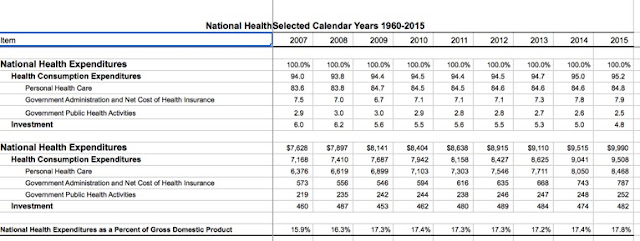The Local Newspaper
I have written far too many articles about the demise of newspapers. Like the yellow pages, these monopolistic local voices have held
their fingers a little too strongly around the necks of
local businesses and local politics. An editorial story with slanted
investigative bent could easily spell demise or success at will. To some
degree, local television media wields the same power.
It is no wonder that Warren Buffet is treated so nicely by
the media. He owns more newspapers than any other american. Newspapers
are horrid investments, yet the rich have found them to be excellent
tools to forwarding their political and economic agenda. The liberal bias of
the Buffalo News wrote an article or two every day that disparaged Carl
Palidino - Republican candidate for Governor of New York. According to research
performed by the University of Buffalo, there was not a single article written
that supported Palidino's candidacy at any time during his campaign.
Surely there was some redeeming aspect to a candidate who won the Republican
Nomination.
If you pull back a few thousand feet, you can see newspapers
coming full circle. Before World War II, newspapers
were mostly owned by political and business interests who used them to push an
agenda. People like William Randolph Hearst and Robert McCormick wielded their
newspapers as cudgels to get their way. It was only when newspapers began
making all kinds of money in the postwar era that they were professionalized
and infused with editorial standards.
“We are going back to a form of ownership that dominated in
an earlier era,” said Alan D. Mutter, a newspaper and technology consultant.
“As newspapers become less impressive businesses, people are going to buy them
as trophies or bully pulpits or some other form of personal expression.”
We should all be skeptical about the motives of the modern descendants of Hearst and McCormick. People just have to
be aware that other agendas exist. Take a gander at the San Luis Obispo Tribune and see if you can figure out where their political and economic interests rest.



Comments
Post a Comment
Thanks a lot for leaving a comment. My phone number is 805-709-6696 if you have any questions.